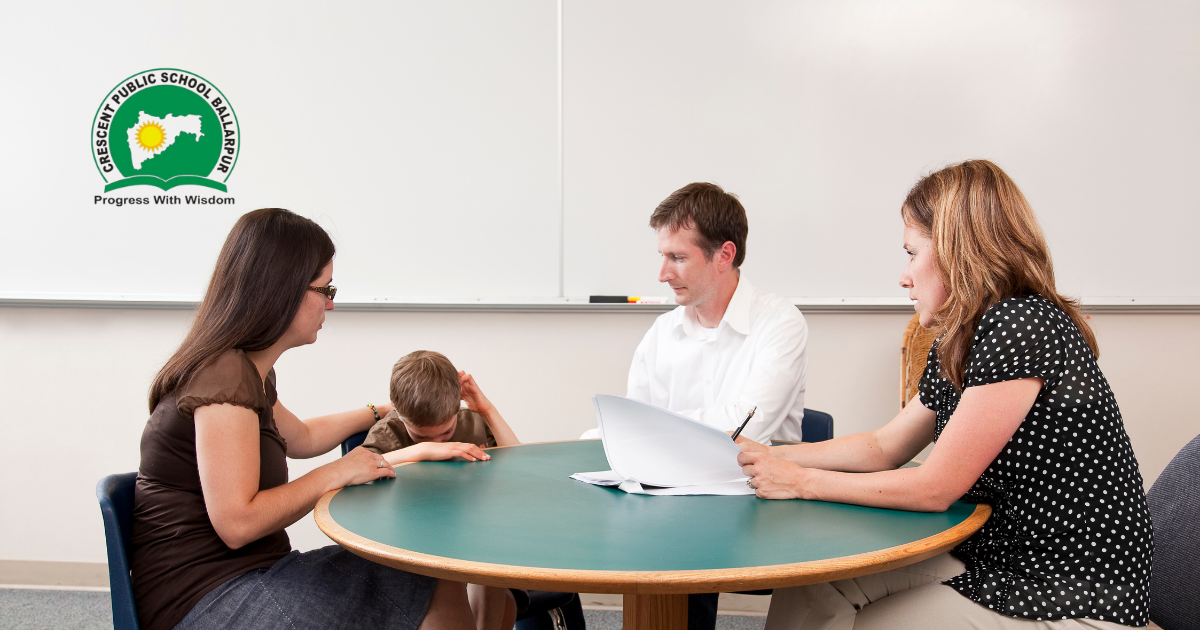Why Parent-Teacher Meetings Are Necessary for the Future of Children
Bridging the gap between home and school for holistic child development
Introduction
In every classroom, teachers witness the daily progress, struggles, and hidden potential of children. At the same time, parents observe their children at home—their habits, emotions, and aspirations. Yet, too often, these two worlds remain disconnected.
Parent-Teacher Meetings (PTMs) are designed to bridge this crucial gap. Far from being routine school formalities, PTMs are essential platforms that shape the educational, emotional, and social future of children.
The Importance of PTMs in Today’s Education System
Education today extends beyond textbooks. Children face unprecedented challenges such as:
- Exposure to social media
- Pressure from competitive exams
- The evolving job landscape influenced by Artificial Intelligence (AI)
In this scenario, PTMs play three key roles:
- Academic Tracking – Understanding a child’s learning progress and academic challenges.
- Behavioral Understanding – Sharing insights about emotional and behavioral patterns.
- Collaboration for Growth – Aligning home and school efforts for a child’s all-round development.
The Numbers Speak
- UNESCO: Students with involved parents are 43% more likely to excel academically.
- UNICEF India: Regular PTMs improve student attendance by 15%.
- Harvard Research: Active collaboration between parents and teachers improves reading levels by 40%.
- ASER 2019: Nearly 50% of rural parents in India do not attend PTMs.
Challenges in Rural and Urban Contexts
- Urban Parents: Face time constraints and busy schedules.
- Rural Parents: Struggle with lack of awareness, literacy, and communication barriers.
Often, PTMs turn into one-sided report card discussions rather than meaningful dialogues about holistic growth.
Expert Opinion
“Children thrive when parents and teachers work as a team. A PTM should not just be about grades—it should be about dreams, challenges, and building resilience.”
— Dr. Renu Sharma, Child Psychologist
Case Studies
- Rural Maharashtra: Conducting PTMs in local dialects led to an 18% improvement in attendance.
- Delhi: Implementing solution-focused PTMs helped improve grades of 70% of underperforming students within two terms.
Solutions & Way Forward
- Redefine PTMs: Make them about the child’s overall growth, not just exam marks.
- Prepare Parents: Encourage them to come with questions and concerns.
- Leverage Technology: Use WhatsApp groups, virtual PTMs, and AI-based learning reports.
- Local Language Communication: Use regional languages to improve inclusivity in rural areas.
Parent-Teacher Meetings are not rituals—they are investments in a child’s future. They ensure that education becomes a shared journey involving the school, home, and community.
Attend PTMs with seriousness—your child’s future depends on it.




